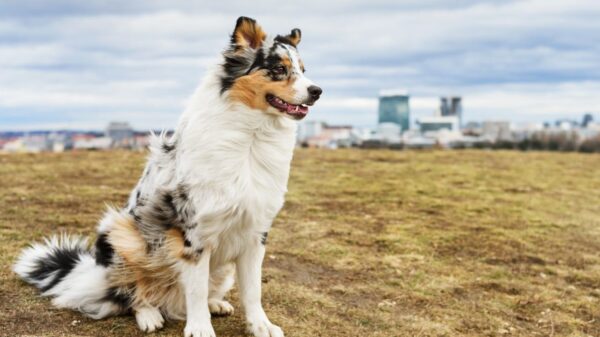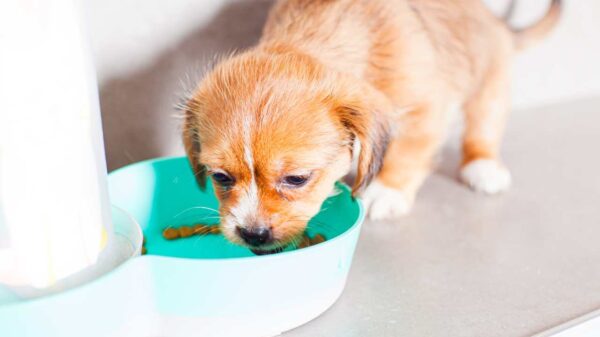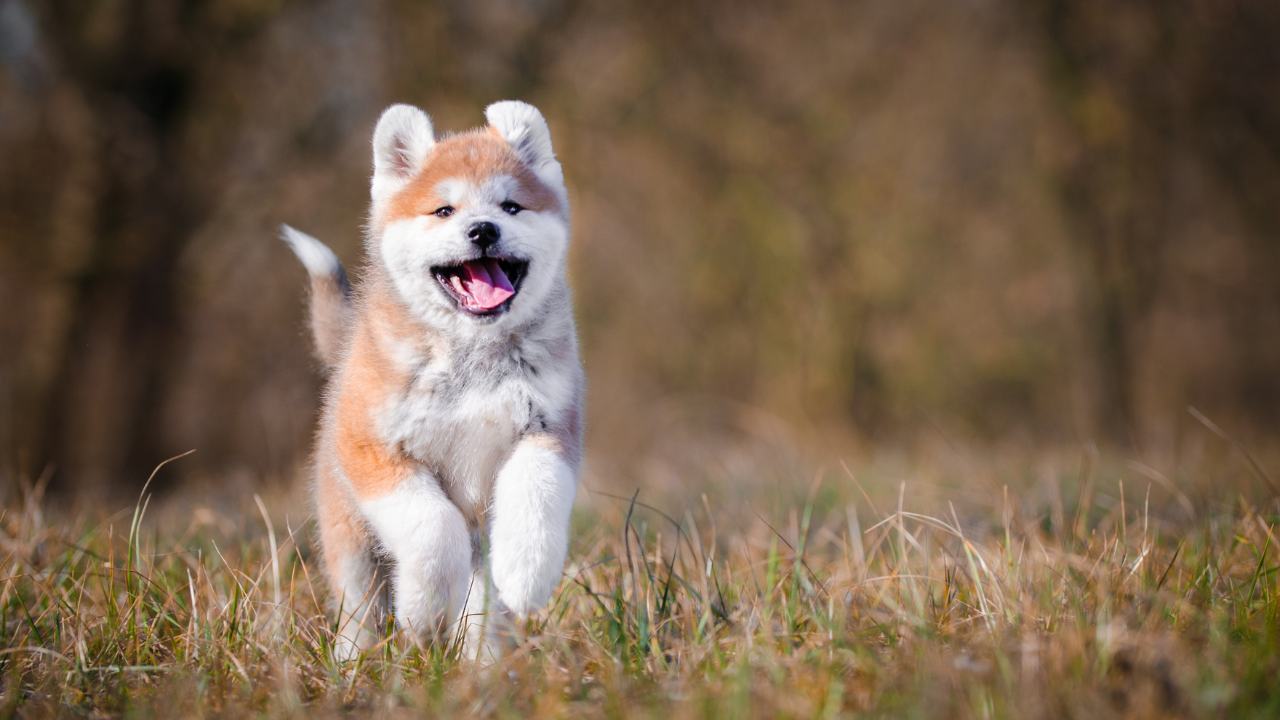Have you recently welcomed a new four-legged companion into your home and are in awe of their fast-paced growth? Or are you simply intrigued by the canine growth stages and want to know, “When do puppies stop growing?” This question pops up frequently among new dog owners and those considering adding a puppy to their family. This article will demystify the seemingly convoluted journey of puppy growth and help you better understand when your adorable little puppy will reach its full size.
Understanding The Canine Growth Timeline
Puppies don’t stay small forever, although sometimes we wish they could! Their growth is a fascinating journey that depends on various factors. Smaller breeds generally grow faster and reach maturity at a younger age compared to their larger counterparts. Most puppies typically stop growing between six and two years of age. However, understanding your pup’s breed-specific growth rate can provide more insight into this timeline.
Stage-Wise Breakdown of Puppy Development
During their first few weeks of life, puppies mainly eat, sleep, and grow. Their size can double or even triple during this period. At around seven to eight weeks, puppies start exploring their surroundings more eagerly, showcasing their unique personalities. By three to four months, they enter the juvenile phase. Here, they might look more like a mini-version of their adult selves.
From six months to a year, puppies transition into adolescence. This is a stage marked by rapid physical development and hormonal changes. Although they might appear adult-sized, remember that they’re still growing both physically and mentally.
Related: Are Strawberries good for Puppies.
Is My Puppy Fully Grown?
To precisely determine when your puppy will stop growing, consider its breed and sex. Small breed dogs like Pomeranians or French Bulldogs may reach their full size around the 6-8 month mark, while larger breeds like Great Danes or Saint Bernards might not stop growing until they’re around two years old.
A Puppy Growth Chart: Your Size Predictor
A puppy growth chart can be an incredibly helpful tool. It gives you a rough idea of how big your puppy will get. This tool calculates the projected adult weight and height of your puppy based on current age and size.
Understanding Maximum Size of Puppies
Puppies’ growth is influenced by genetic factors, nutrition, and overall health. To ensure healthy growth, ensure your pup gets a balanced diet, regular exercise, and plenty of sleep. But remember, each puppy grows at its own pace. As long as your vet is happy with their development, there’s no need to worry about their size.
Suggestion: You may Buy Puppies Health Guide Book.
Beneficial Factors for Optimal Puppy Growth
Ensuring your puppy grows up to be a healthy, strong, and happy adult dog isn’t solely about monitoring their physical development. It’s also about providing the right environment, nutrition, and care. Here are a few key elements to focus on:
- Nutrition: A balanced, nutrient-rich diet is pivotal in aiding a puppy’s growth. Opt for high-quality puppy food that caters to your pet’s specific breed and size.
- Exercise: Regular and age-appropriate physical activity promotes healthy development. However, avoid excessive exercise, which can harm a growing pup’s joints and bones.
- Vet Check-ups: Routine veterinary check-ups can help monitor your puppy’s growth, catch potential issues early, and provide timely vaccinations.
- Socialization: Exposing your pup to different people, animals, and environments can contribute to their mental growth and make them more well-rounded and adaptable.
- Love and Comfort: Providing a safe, comfortable space and showing your puppy love and affection are key to their overall well-being and happiness.
Remember, a pup’s growth journey isn’t merely physical but also emotional and social. Incorporating these elements into their early life can help your puppy grow into a well-adjusted, healthy adult dog.
Conclusion
Understanding “when do puppies stop growing” isn’t a straightforward process, as the timing can greatly vary. With the right nutrition, care, and regular vet check-ups, you can ensure your furry friend grows healthily into their full size. Keep in mind, while their physical growth might stop, their growth as a loyal, loving member of your family never ceases.
So, whether you’re a new puppy parent or planning to become one, remember that enjoying the journey is as important as the destination. Cherish every moment of your puppy’s growth journey because, before you know it, they’ll be all grown up!
















